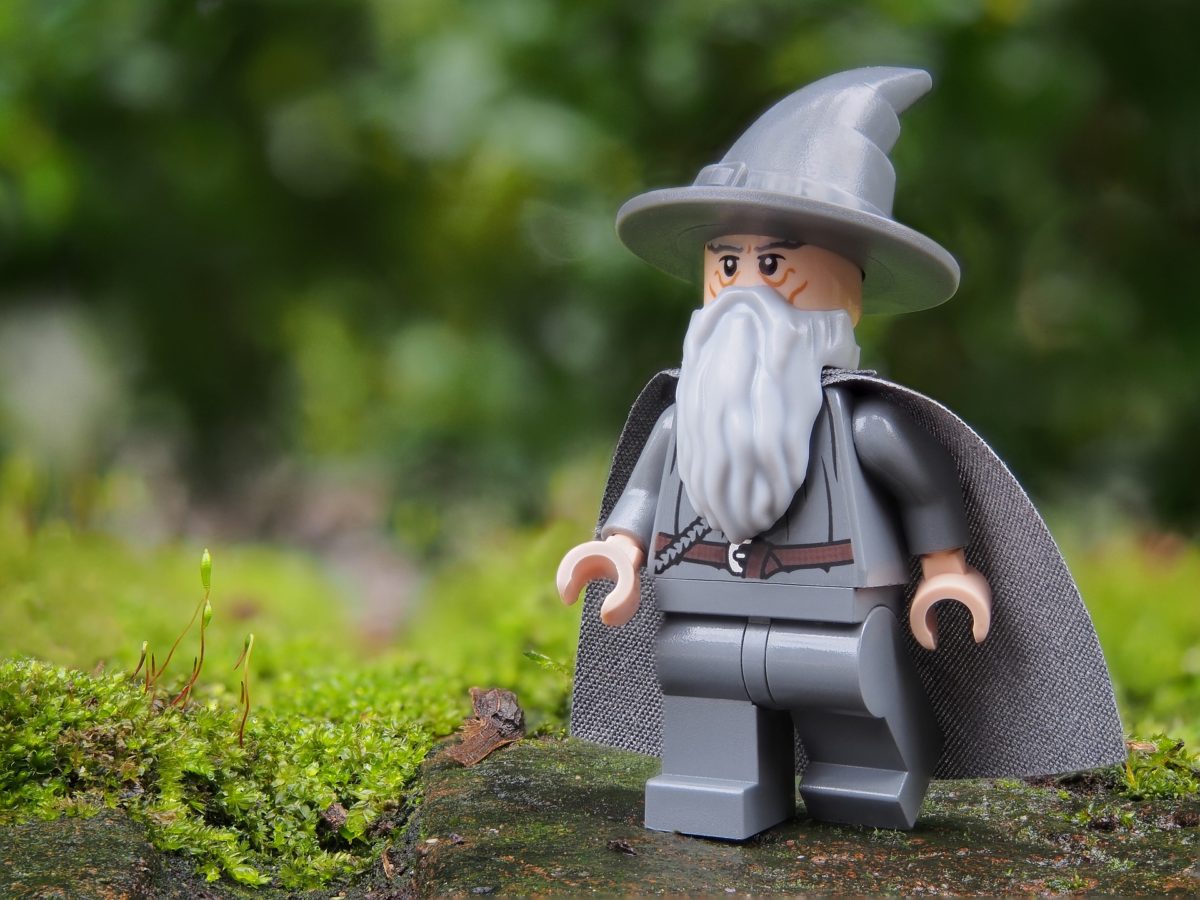Welcome back to another clichés post!
Today, we’re not picking apart clichés in a certain genre (mainly because I couldn’t decide which genre to do next). We’re talking about mentor characters.
How many discount Dumbledores have you read about recently?

The mentor character, while super useful, is also full of pitfalls. So let’s go over 5 of the most common mentor cliches, and how to avoid them.
1. The Gandalf

Let’s be honest– the Lord of the Rings is a great trilogy, but the characters are copied to death.
Take Dumbledore, for instance. Or Gaius from BBC’s Merlin.
Any time your mentor looks like Gandalf, your readers are going to spot it as a cliche.
So how do you fix this cliche and make it more interesting?
- Adjust the age, gender, or appearance of the mentor. How about a young woman being the mentor for a change? If it has to be an old man, what if he’s bald and wears Hawaiian shirts?
- Old people are still people. Your mentor should have a wide variety of emotions besides stern, grouchy, and jolly.
Another type of mentor that is often overused is known as The Veteran.
2. The Veteran

This character has fought the villain before, but could not defeat them (usually because of some fatal flaw in their plans).
The hero asks the veteran for advice, and the villain teaches them everything: the villain’s strategies, strengths, and weaknesses.
But why would this veteran tell everything they know? They could just kill the villain themselves.
Does the hero really increase the mentor’s chance of winning? What does the hero bring to the table?
Here’s how you can switch up this cliche:
- Maybe the veteran is wrong. They could be mistaken about something, or they could be flat out lying to the hero.
- Remember, the mentor is a person. They’re good at some things and bad at others. What life skill is this character bad at? (Like, so bad that they can’t do it in public or everyone will burst out laughing.)
- Maybe they plan to kill the villain on their own, but the hero won’t stop pestering them, so they agree to let them tag along. The mentor doesn’t see themselves as a mentor, they see themselves as the main character.
This next cliche has less to do with the type of mentor, and more to do with the mentor’s purpose.
3. The Walking Textbook

Does your mentor know everything there is to know about anything?
Does the hero spend most of their time asking question after question after question?
If the story was set in the modern day world, this mentor could be easily replaced by Google. They might have some personality, but their only real purpose in the hero’s world is to answer questions.
This can be fixed by:
- Not making the hero so helpless. If Siri could answer your hero’s question, the hero should figure out the answer for themselves.
- Giving the mentor a dual-purpose. Maybe they’re both a main ally and the mentor. Or they could be the mentor and the villain. (I’ve seen it before, and it’s a really cool twist!)
4. The Perfect Big Brother

This one is not quite as common as the bearded old man, but it’s starting to become a close second.
This character is the best sibling ever. They support the hero, give them advice, protect them from harm, and at the end of the day, call them a funny nickname and ruffle their hair.
This character isn’t bad. I’ve seen this type of person several times in real life. The problem is usually that the writer has rose colored glasses. They just ask “what would a perfect older sibling be like?” And they stuff all those qualities into one character.
I’m an older sibling, so here are my thoughts on how you can change this cliché:
- The older sibling is lazy. Really lazy.
- Both siblings are actually competing for the same goal, and the mentor tells the hero to stop tagging along.
- Instead of being raised by this older sibling, the hero only met the mentor in the last six months, and they don’t trust each other at all.
Also, make sure to check out my post about writing siblings HERE.
5. The Convenient Death

In most cases, the mentor is so much better than the hero that the audience wonders, “why doesn’t the mentor just do it themselves?” Well, this cliche offers an easy answer to all your plot problems!
Weak hero? Kill the mentor and make the hero toughen up! Mentor is too strong? Kill them! Mentor has some last-minute secret that they didn’t want to tell until they were on their death bed? Kill them!
This cliche is problematic because instead of fixing the plot holes, the author just kills the mentor, wipes the blood off their hands, and moves on. Instead, root out the cause of the problem and fix it!
- Is the hero too weak and this death will cause him to take a stand? See my post about strengthening your characters HERE.
- Is the mentor too strong (see The Veteran cliché above)? Try cutting back his power.
- Does the mentor have a secret? Make them spill the beans! Your mentor might fall off a cliff and not have any last words at all. Instead, just have the mentor confess the secret in a deep heart-to-heart with the hero. Nobody has to die.
Do your best to keep the mentor alive and out of the hero’s way. Your story will thank you for it.
And there we have it: 5 clichés about the mentor character that need to stop.
Which one of these is your favorite? Leave a comment and let me know!
Thanks for reading, and I’ll be back soon with a new post. Until next time!



